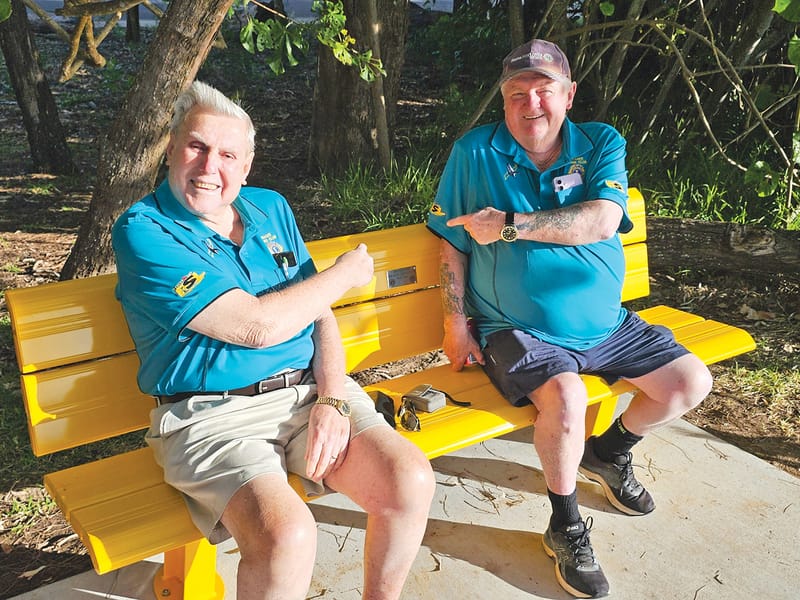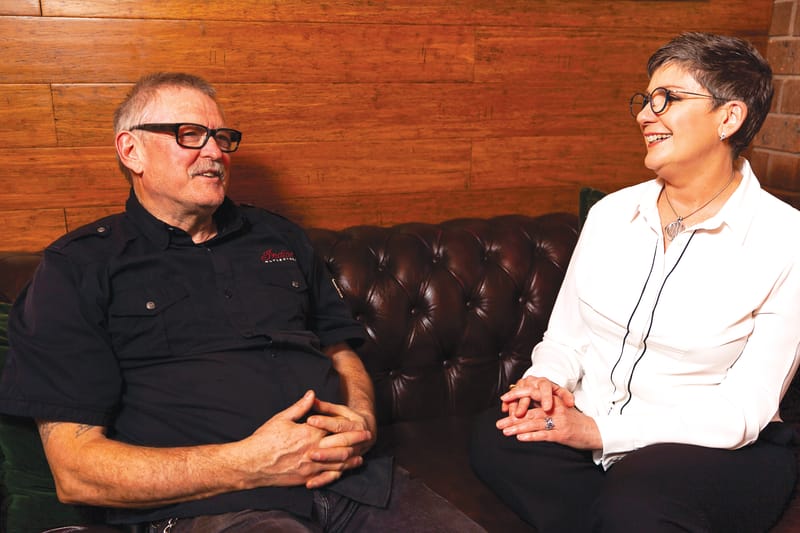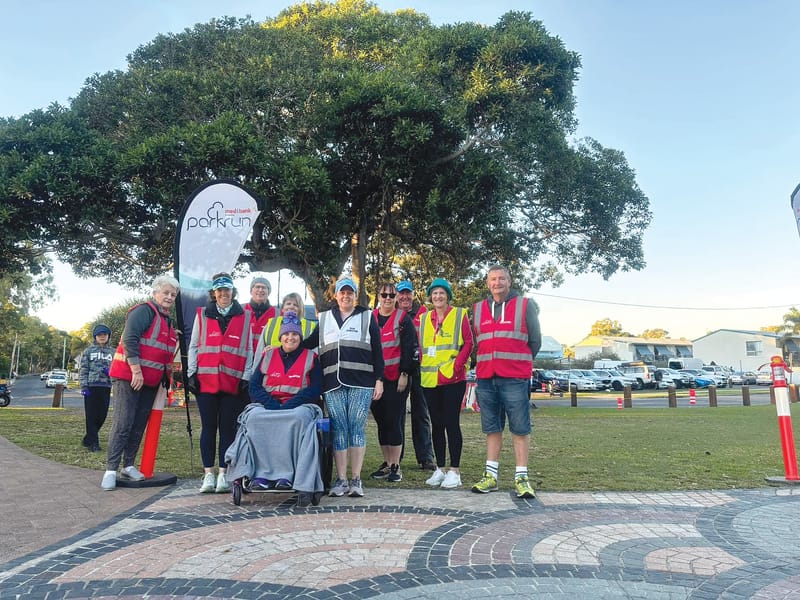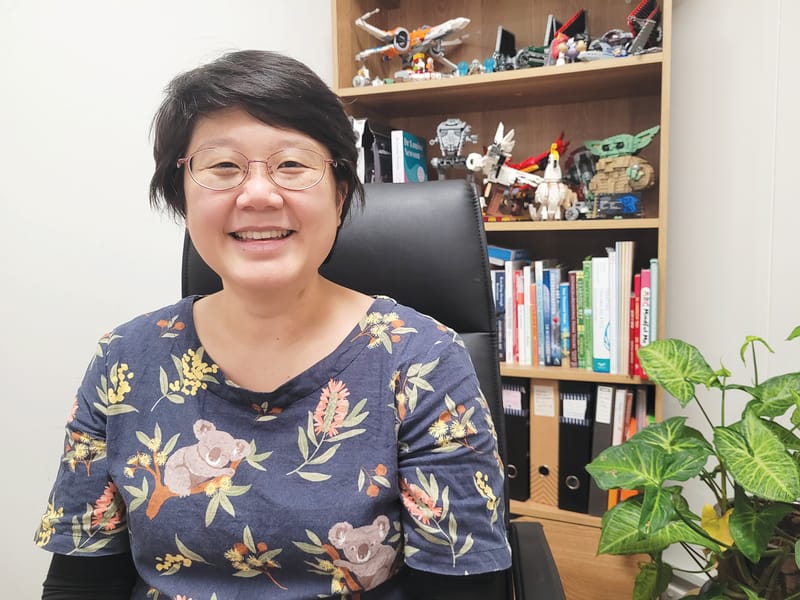General Practitioners here for your Mental Health
YOUR local doctor plays a vital role in your general health, that now applies to physical and mental health. The Fraser Coast community is fortunate to have General Practitioners (GPs) that invest their time in understanding each patient through...
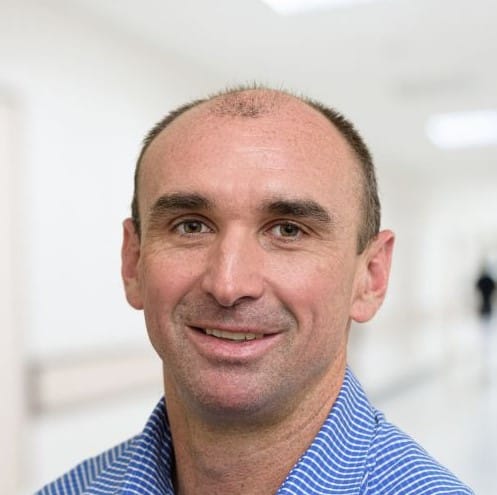
YOUR local doctor plays a vital role in your general health, that now applies to physical and mental health.
The Fraser Coast community is fortunate to have General Practitioners (GPs) that invest their time in understanding each patient through detailed records and diagnosis of their wellbeing which comes from understanding the person.
The common encouragement for people who are concerned for their mental health is to “speak with your GP” as your primary contact as doctors are now better prepared to discuss mind and body diagnosis.
Dr Chris Woollard, Director of Torquay Doctors and Board Member for Wide Bay Health, has worked in Hervey Bay for nearly eight years and has a strong passion for mental health in the region. He believes their roles in wellness are more important than ever before.
“It’s important to check-in with your doctor as you get older…….annual check ups is what most need”, says Dr Woollard.
He encourages families to build a relationship with your GP or practice, so they have a better understanding of your lifestyle and circumstances.
“Have a relationship with your GP. Let them understand your history and your family situation”.
Dr Woollard discusses the shift towards preventative care as medical science advances with more options for diagnosed illnesses.
He says that General Practitioners are trained specifically in preventative care through their medical schools and college exams and are better equipped than ever before.
“The mind and body are not two separate things, they are one thing. Pain is an emotion”.
“Physical health and your mental health are all part of the term health. Checking in early is really the key.”
Dr Woollard mentions the term “mental fitness” and the importance of being aware of the mind.
“It’s asking yourself if you as fit as I am physically, the same applies mentally”.
“A lot of the physical symptoms are not necessarily what people think of mental health. It can be poor sleep, it’s irritability…….it’s just not functioning and enjoying the things that you use to do and withdrawing from activities.”
“There is still a lot of social stigma around this.”
Dr Woollard emphasised that GPs are more “linked in” to the community and understand the programs in place that they aware of programs such as Social Prescription that they can connect their patients to.
“We have the whole tool kit now. We don’t have to prescribe drugs and mental health plans when we know the individual will benefit a different path”.
“We know there are a multiple of factors that can help get a person back on track”.
The role of a doctor in mental health care is multifaceted, encompassing assessment, diagnosis, treatment, support, and advocacy to help individuals achieve and maintain optimal mental well-being.



